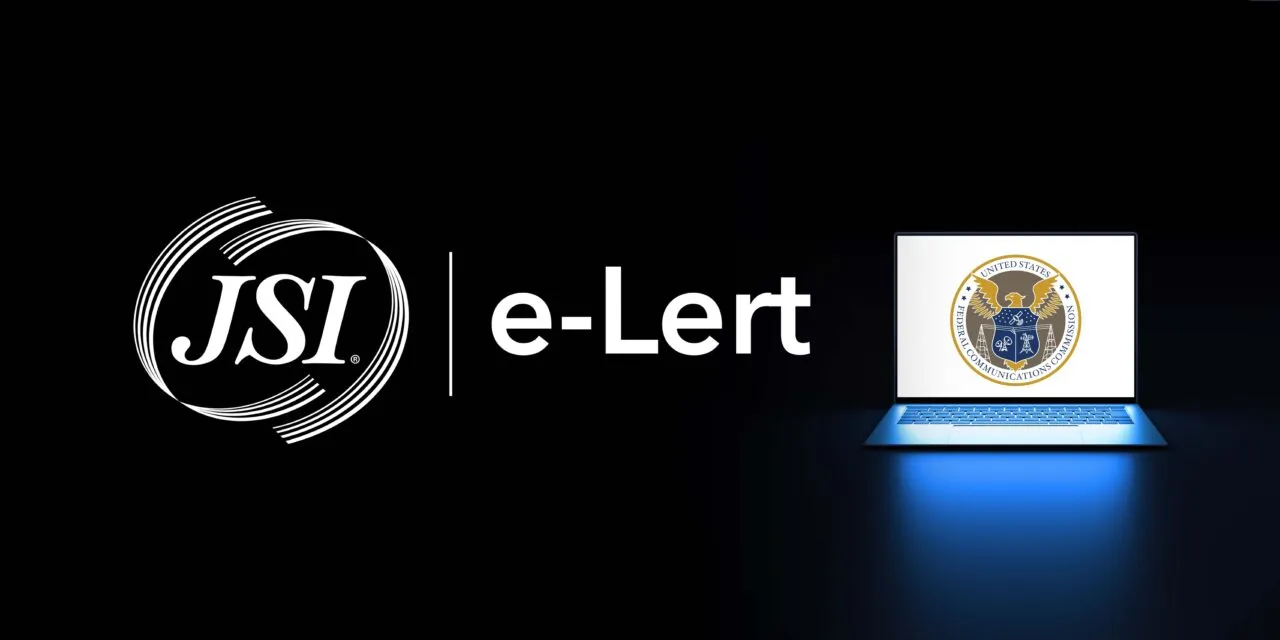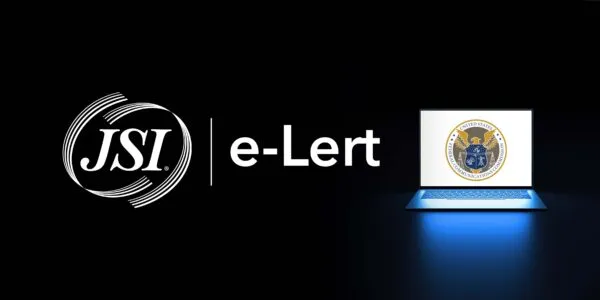
Sixth Circuit Court Overturns FCC Net Neutrality Order

Sixth Circuit Court Overturns FCC Net Neutrality Order
On Jan. 2, 2025, the U.S. Court of Appeals for the Sixth Circuit set aside the Federal Communication’ Commission’s (FCC’s) 2024 Safeguarding and Securing the Open Internet Order (Net Neutrality Order). The court ruled that the FCC lacks the statutory authority necessary to impose net neutrality regulations on broadband providers by classifying them as telecommunications carriers under Title II of the Communications Act of 1996 (Act). The court’s best reading of the Act determined that Broadband Internet Access Service offers customers the capability to access information and, therefore, is itself an information service.
The court held that broadband Internet Service Providers offer only an “information service” under the Act, not a “telecommunications service.” This classification prevents the FCC from imposing common carrier obligations, including net neutrality requirements, on broadband providers. Additionally, the court ruled that mobile broadband services cannot be regulated as “commercial mobile services” subject to common carrier regulation.
Significantly, this case represents the first major telecommunications decision following the Supreme Court’s 2024 ruling in Loper Bright Enterprises v. Raimondo, which overturned the longstanding Chevron doctrine of judicial deference to agency interpretations. Unlike previous net neutrality cases where courts deferred to the FCC’s statutory interpretation, the Sixth Circuit conducted its own independent analysis under the Administrative Procedure Act, finding the Net Neutrality Order “arbitrary, capricious, an abuse of discretion, and otherwise not in accordance with law.”
Regulatory Implications and FCC Response
This decision marks the latest shift in the ongoing regulatory treatment of broadband services. For almost 20 years after the Communications Act of 1996, the FCC consistently classified broadband as an information service. That changed with the 2015 Open Internet Order, followed by reversals by the FCC in 2018, and a reversal of the reversal by the FCC again in 2024. The FCC now has several potential avenues to respond to this ruling, including appealing to the Supreme Court, pursuing alternative regulatory frameworks, or working with Congress to obtain explicit statutory authority for broadband regulation. JSI does not consider likely an FCC appeal to the Supreme Court under the new Trump Administration.
In response to the court’s decision, FCC Chairwoman Jessica Rosenworcel emphasized the need for Congressional action, stating, “Consumers across the country have told us again and again that they want an internet that is fast, open, and fair. With this decision it is clear that Congress now needs to heed their call, take up the charge for net neutrality, and put open internet principles in federal law.”
JSI continues to analyze the full implications of this significant decision, including actions states may take to ensure net neutrality for end-user customers. JSI will provide additional updates as further information becomes available. For questions in the meantime, please contact Douglas Meredith or Brett Hallagan.










